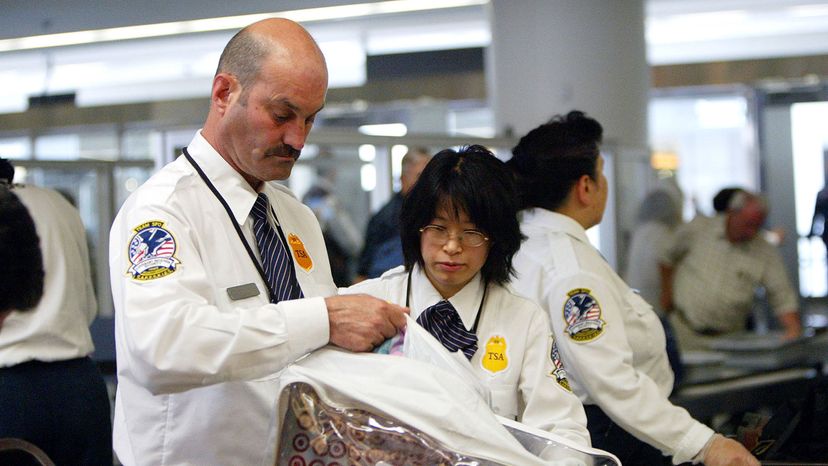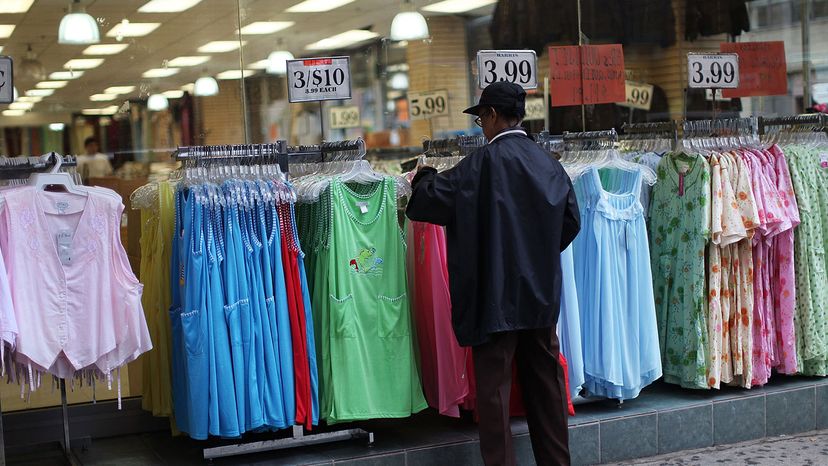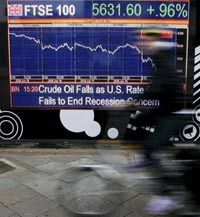
The Great Recession of 2007 to 2009 is still fresh in the minds of many American workers, business owners and investors. The global financial meltdown triggered the longest recession since World War II and created the most toxic business conditions since the Great Depression [source: Rampell]. Unemployment soared to 10 percent in January 2009 as companies closed doors or cut costs to ride out the rough times [source: BLS].
Thankfully, the U.S. economy made a strong comeback over the following decade. Investors rode a bull market that saw the Dow Jones Industrial Average reach nearly 30,000 points and the national unemployment rate sink to 3.5 percent, the lowest in 50 years [source: Long].
Advertisement
But with every boom comes a bust and recession-watchers have been primed for a reversal of fortunes. The economic devastation reaped by Covid-19 may be the spark that ignites a prolonged slump. If that's the case, then it's time again for workers, entrepreneurs and investors to seek refuge in so-called recession-proof businesses.
Recession-proof businesses are traditionally defined as industries that either thrive during rotten economic times or at least survive unscathed. The global financial crisis of 2007-2009, however, rewrote the rules about recessions. Many economists are now saying that there's no longer such a thing as a recession-proof business. The best that employees can hope for is a recession-resistant business, meaning one with a better chance than most of riding out a recession [source: Chase].
The key to job security during a recession, experts say, is to find a company or industry that shows long-term growth potential, is immune from outsourcing and isn't tied to the fickle tastes of consumers [sources: Burt].
So what might those be? Here are some examples, in no particular order, starting with some inexpensive purchases that are guaranteed to make you feel better.










